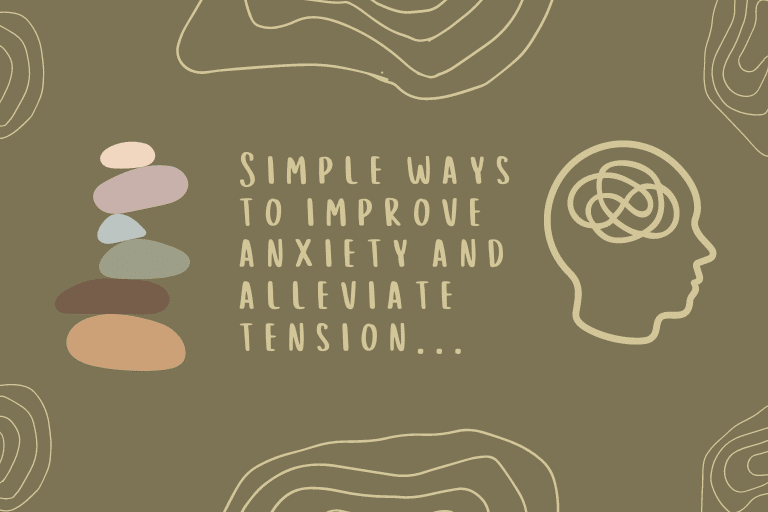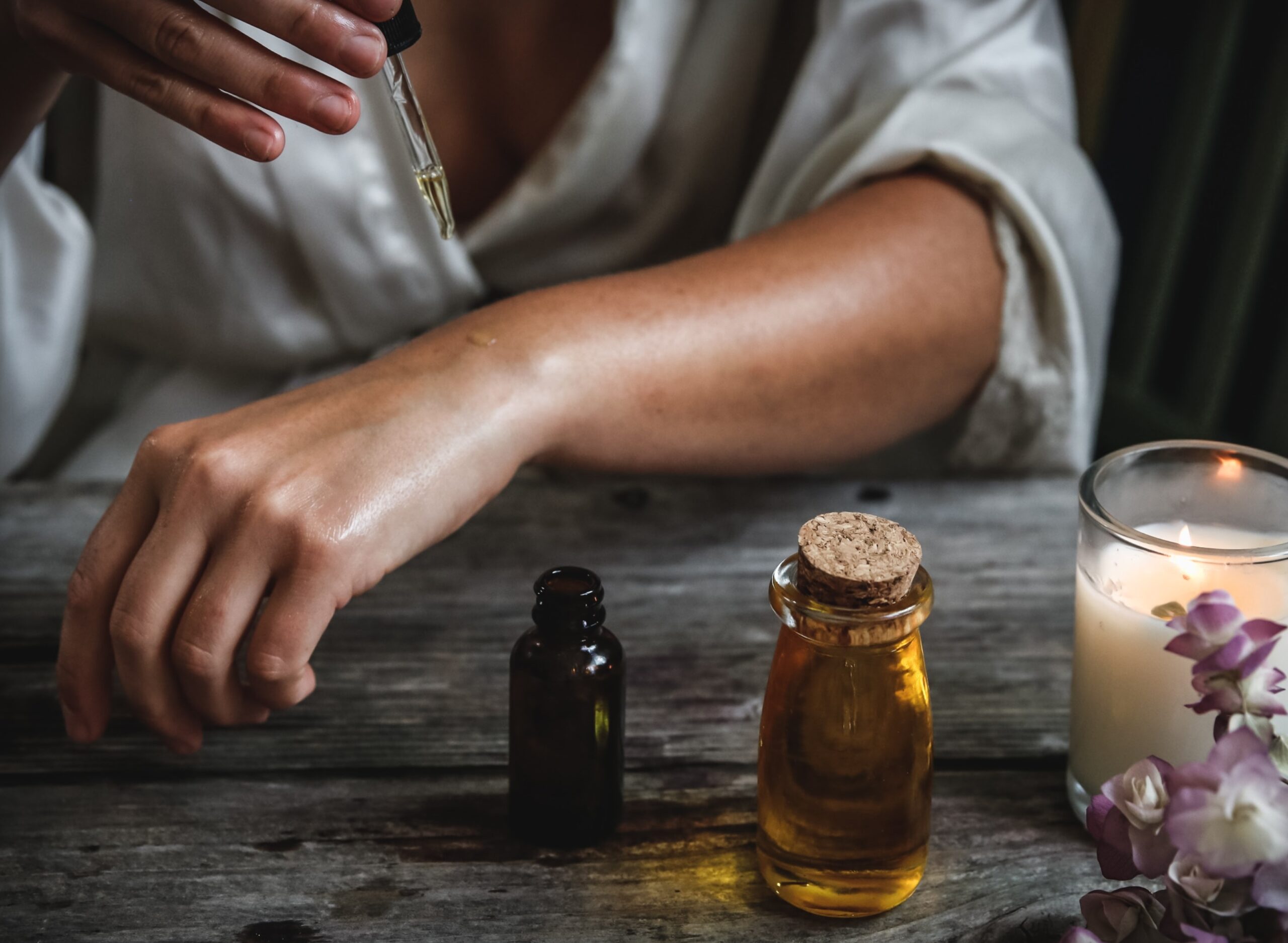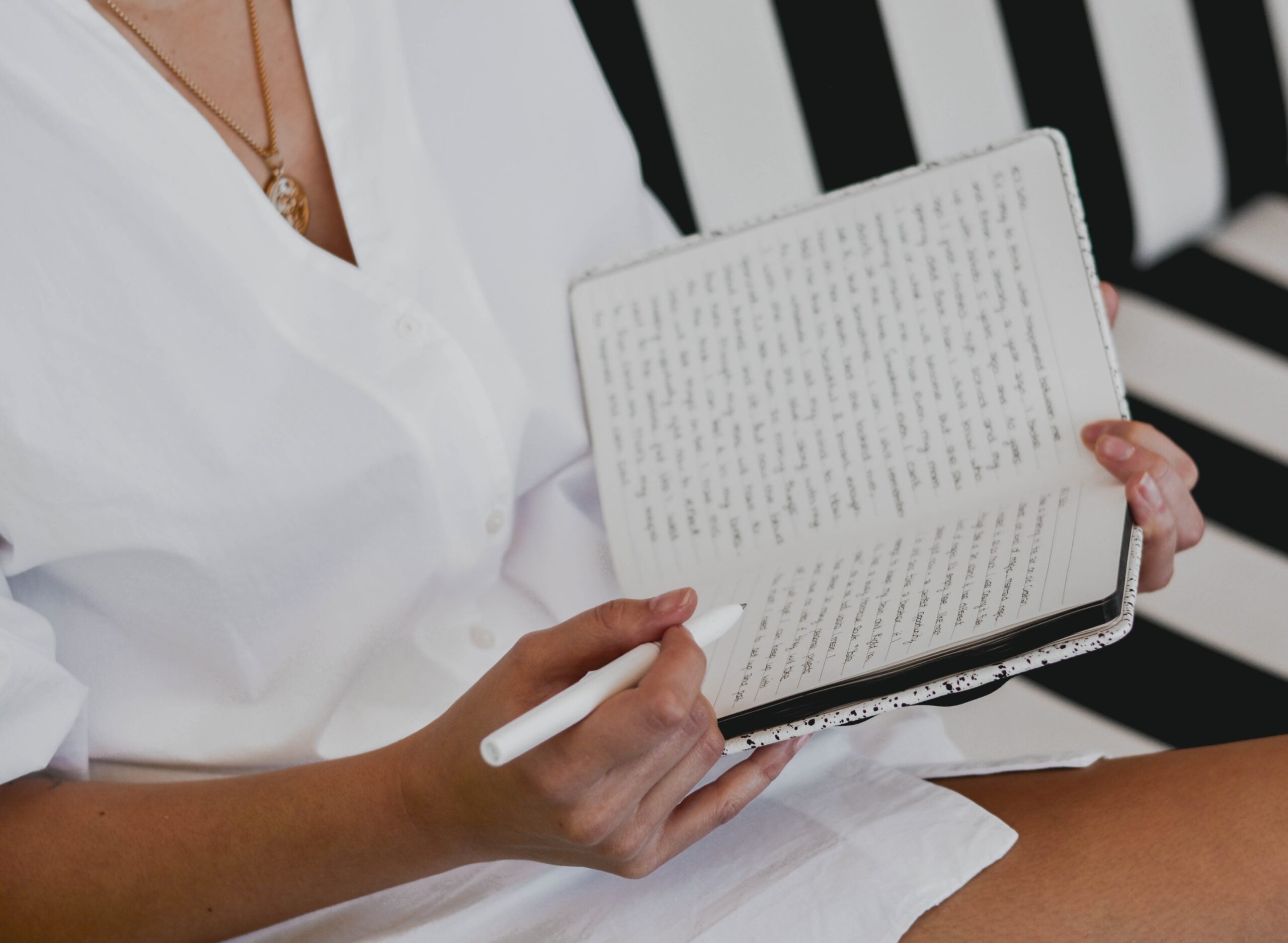
Looking to improve anxiety and alleviate tension? Tension and anxiety can have a direct impact on health and well-being. Over recent years the awareness of anxiety has increased, with more people than ever recognising the importance of reducing anxiety levels.
What is ‘Anxiety’?
According to the NHS website the definition of ‘anxiety’ is as follows:
“Anxiety is a feeling of unease, such as worry or fear, that can be mild or severe.”
It is something that we have all experienced at some point in our lives, possibly without even realising it! However, people can suffer differently from anxiety. Some people have constant serve anxiety, whereas for others it’s temporary and mild.
What is ‘Tension’?
Tension is a common symptom of stress and is the body’s defence mechanism against pain. Once stress has been alleviated, tension then also usually reduces.
How to reduce anxiety and alleviate tension?
When it comes to treating and managing anxiety naturally, there are several different solutions available. For most people, a one-size fits all approach cannot be taken, and you may even find a combination of these suggestions to help.
Massage therapy
Massages can help reduce the symptoms of anxiety and can certainly reduce tension, which go hand-in-hand. During a massage, the body enters a state of complete relaxation. When experiencing this relaxation, clients feel much calmer and more peaceful. They can also help to successfully alleviate tension headaches, often due to muscle tension which occurs in response to anxiety and stress.
The body releases endorphins, which provide you with energy, promote happiness and improve motivation. Endorphins, serotine and dopamine are released during a massage which helps reduce levels of anxiety, stress, and depression.
Deep Tissue and Aromatherapy Massages are excellent treatment options when seeking total relaxation and improving anxiety. Particularly Aromatherapy, as the essential oils create an even calmer environment.
 Exercise
Exercise
Along with the many physical benefits of exercise, it can also really help people suffering from anxiety. During exercise, you’re able to focus on your body rather than your mind. In other words, exercise acts as a distraction and can provide much-needed rest for your mind.
Walking, Yoga and Pilates are wonderful options when looking to calm your mind.
Top tip: practising focused, deep breathing or Meditation can be really beneficial in reducing feelings of anxiety and stress!
 Journaling
Journaling
Journaling provides many different benefits, particularly when it comes to emotional well-being. Regular journaling enables you to learn what triggers your anxiety and tension, which in response can lead to the detection of different management techniques. You’re able to measure your progress through journaling, which is more beneficial than people realise, as it inspires you to continue making progress.
Another wonderful benefit of journaling is that you’re able to clear your mind and express any niggling thoughts. Once thoughts and feelings have been unveiled it is often much easier to apply rational thinking and potentially reduce anxious thoughts and associated tension.
 Social Media Detox
Social Media Detox
We live in a society where social media can very easily control our minds, behaviours, and attitudes. Multiple studies have explored the potential impact social media has on depression, anxiety, and loneliness. We’re not suggesting that you delete social media, however, it might be worthwhile taking a detox to see if this reduces anxiety.
Final thoughts…
We hope this guide helps you, but we also understand how important it is to seek professional help if you’re struggling to manage your anxiety.
If you’d like to try out massage therapy to reduce tension and improve anxiety, you can book online or call 07711 633 512 to discuss any specific requirements with our friendly Olive Massage team.
